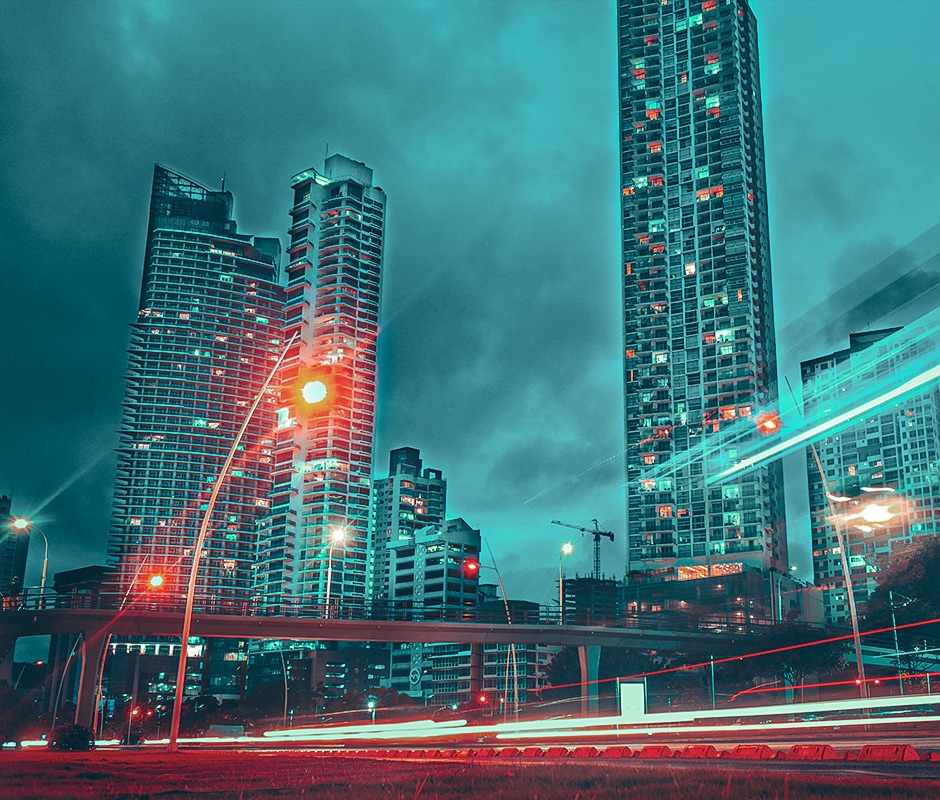Use Cases
The project’s results will be used in two main use cases: Smart Home for the Elder and Smart Cities.

Smart Home for the Elder
Kaist | Kuls
This use case explores scenarios for an autonomous IoT smart home system, which can be easily managed by elderly people.
In the currently existing IoT system for elders, it is difficult to detect exact physical and mental health status from IoT data because of its complexity when taking into account diverse indicators such as depression levels, heart rates, surroundings, etc.
In smart homes, IoT devices are small and lightweight, so they do not restrict the users’ lifestyle nor damage the house interior, which often results in limited battery power for these devices. To accurately measure and predict the physical and mental health of a person, IoT devices need to be always connected to a server with a sufficient amount of power.
Partners will tackle both of these challenges, considering the trade-offs between the energy-efficiency of the devices and the reliability of the collected data, to provide two scenarios of this use case: single-living elderly care and health care service operation for elders.
For this, they will leverage Edge computing to process and analyse data collected from a wide variety of IoT sensors (such as biosensors, smart lens and third-party devices).
Partners will also develop an algorithm to detect and predict the health status of single-living elderly people and support welfare, applying the following technologies:
Safe IoT
Big Data
Relieved AI
Smart Cities
Ubiwhere | PROEF
This use case will explore a realistic urban scenario by leveraging Ubiwhere’s Smart Parking Solution.
Smart Parking is a low-cost, seamless and straightforward-to-install parking system. It incorporates vehicle-detection electromagnetic sensors, an intelligent software platform to collect and process all the data, along with web and mobile applications (respectively for parking managers and drivers).
On one hand, it offers drivers access to real-time parking occupancy information, reducing the time each driver spends looking for a parking space. On the other, it supports parking operators on improving their operations by offering key performance indicators in real-time and reports on behavioural patterns detected by the platform.
This use case will implement and demonstrate the addition of a video camera to monitor in real-time the available slots in a parking facility.
Image recognition
AI
In the envisioned deployment, cameras will be connected to one or more edge nodes and stream in real-time its acquired media data. The edge nodes will pre-process the data with lightweight image recognition algorithms.
This way, by avoiding sending all media data to a cloud central node responsible to fully process all the streams acquired from a smart-parking deployment, there will be savings on network consumption resources as well as on the computational power needed to fully process all these streams in real-time.


